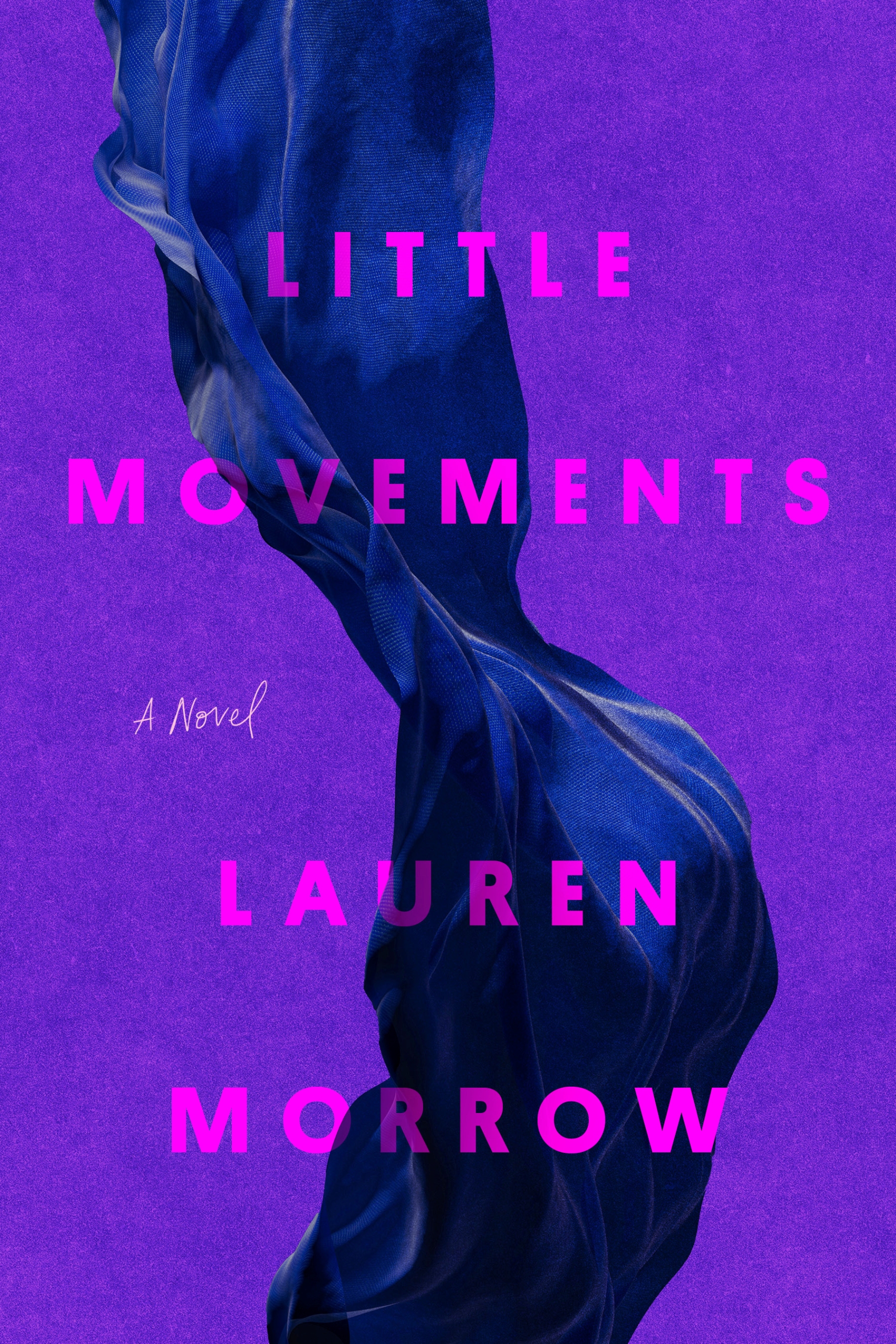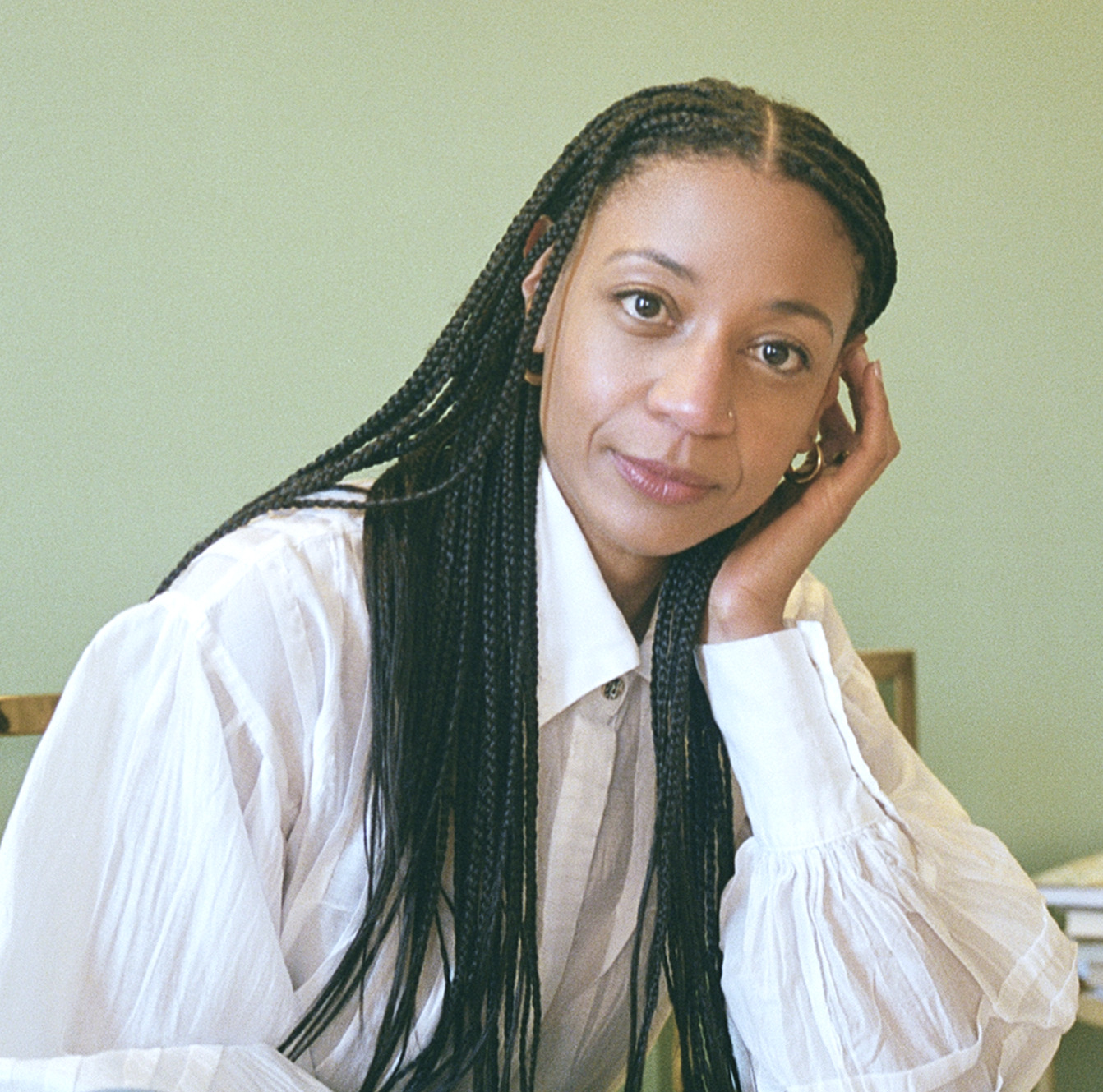LITTLE MOVEMENTS
A NOVEL BY KIMBILIO FELLOW LAUREN MORROW
A page-turning, tenderhearted debut about a Black woman who is finally given a chance to pursue her dream of becoming a renowned choreographer, only to find that it comes at a tremendous personal cost
Layla Smart was raised by her pragmatic Midwestern mother to dream medium. But all Layla’s ever wanted is a career in dance, which requires dreaming big. So when she receives a prestigious offer to be the choreographer-in-residence at Briar House, an arts program in rural Vermont, she leaves behind Brooklyn, her job, her friends, and her husband to pursue it.
Navigating Briar House and the small, white town that surrounds it proves difficult—Layla wants to create art for art’s sake and resist tokenization, but the institution’s director keeps encouraging Layla to dig deep into her people’s history. Still, the mental and physical demands of dancing spark a sharp, unexpected sense of joy, bringing into focus the years she’d distanced herself from her true calling for the sake of her marriage and maintaining the status quo.
Just as she begins to see her life more clearly, she discovers a betrayal that proves the cracks in her marriage were deeper than she ever could have known. Then Briar House’s dangerously problematic past comes to light. And Layla discovers she’s pregnant. Suddenly, dreaming medium sounds a lot more appealing.
Poignant, propulsive, and darkly funny, Little Movements is a novel about self-discovery, about what we must endure—or let go of—in order to realize our dreams.



